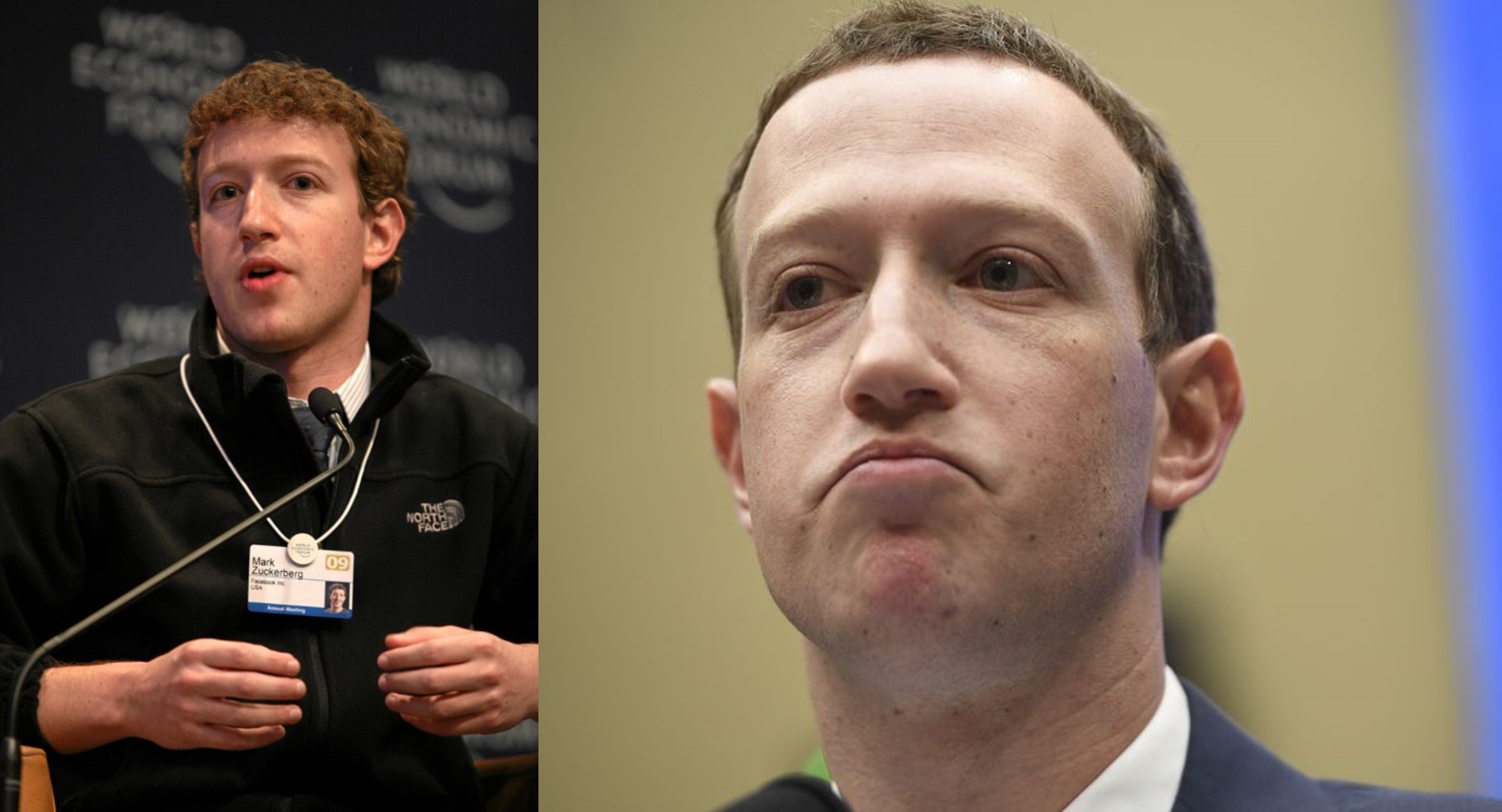We know the world is crazy about artificial intelligence right now. We see bots, smart speakers, digital assistants coming up from social media platforms, tech companies, and even banks. But the thing with artificial intelligence, it that it is only as smart as the knowledge it learns, (machine learning).
As a developer of an AI system, one must feed it enough data; it must have a lot of history, to make an informed decision based on that history. Now, say you wanted to create the world’s smartest facial recognition AI system, where do you get your data from?
Of course, the platform where most people share their pictures, and not just any picture, where they literally put up their mugshots. And here comes the profile pictures shared on Facebook, Instagram, and WhatsApp. If you wanted to get a good capture of someone’s face, you take a look at what is supposed to be their profile pictures. Though I recognize the fact some people put up a picture of their pet, abstract art, places they have visited, and anything that is far from a mugshot.
Facebook behind the #10YearChallenge
Accusations are being leveled against Facebook that it is currently harvesting data for a super facial recognition AI it is been developing. A representative of the company had the following to say about the #10YearChallenge:
“This is a user-generated meme that went viral on its own. Facebook did not start this trend, and the meme uses photos that already exist on Facebook. Facebook gains nothing from this meme (beside reminding us of the questionable fashion trends of 2009). As a reminder, Facebook users can choose to turn facial recognition on or off at any time.”
I have to admit; Facebook makes a point up there! However, when you think of the fact that people don’t always post pictures on Facebook in chronological order. Sometimes you take a snap and immediately upload it to Facebook. Sometimes you are going through your photo gallery and find a picture you took a long time ago, and upload it to Facebook.
Sure photos in the right hands can be determined when and where they were taken, and am sure Facebook has such technologies and experts to do so. But having people upload their then and now pictures, sure does make the job a lot easier than have the experts and technologies sieve through trillions of users uploaded photos and then determining their rightful time stamp for purposes of feeding the data to an AI system.
It would be an ingenious plan to have the users narrow down to then and now pictures in 10 years. It sure does clear out the data noise.
What does Facebook or any other organization stand to gain from this?
Well, data (accurate data) is modern day world gold. If you are developing an advanced facial recognition software, it could have very many uses both commercially and non-commercially.
Starting with non-commercially, advanced facial recognition AI could help the police identify missing children from pictures taken years later after their disappearance. All the AI needs to do, is not search for the identical match for a photo taken before they disappeared, but using algorithm on how people age (learned from data set from billions of pictures taken of how people age, such as would be the case in this #10YearChallenge) and determine how they could look like.
Of course the law enforcement agencies can also use the same technology for inappropriate uses like identifying people who took part in certain protests years ago. Then singling them out from attending certain events or rallies where they expect there could be protests.
Insurance Companies interest on People’s aging
Insurance companies can also use such technology in providing or denying people insurance coverage. If they already have a spectrum of how people should age, and you seem to be aging faster than your peers. Insurance firms could use such information to either deny you insurance cover or have you pay higher premiums than your peers.
Of course, all these are just conspiracy theories. It could all be just innocent fun some guy thought up and went viral across the world. Who knows?



